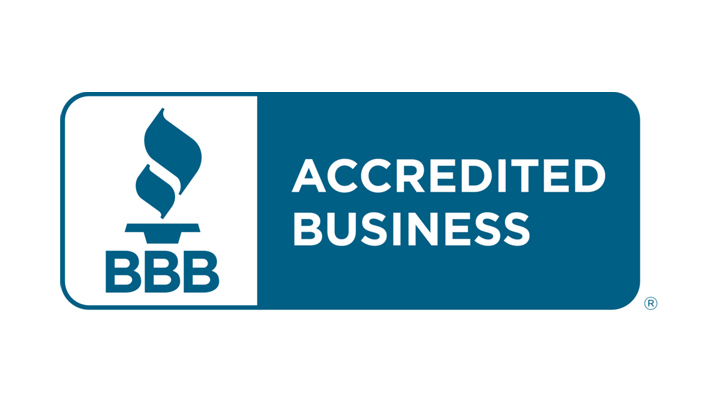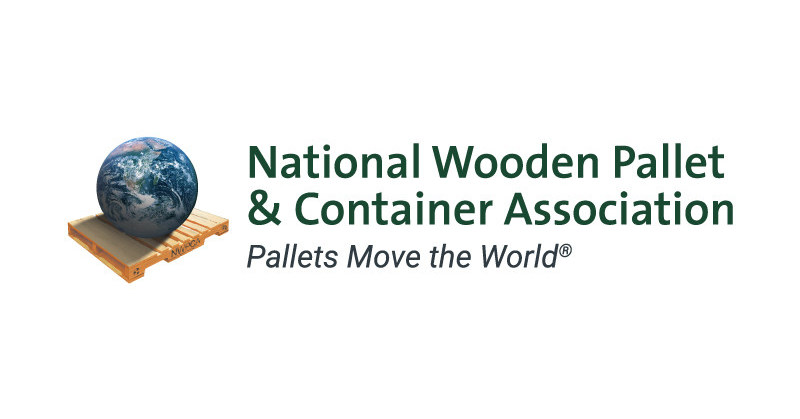Benefits of a Local Pallet Manufacturer
When it comes to sourcing pallets for your business, choosing a local pallet manufacturer is a decision that should not be taken lightly. There are several reasons why opting for a local supplier can be advantageous, providing they have the capacity and means to support the size of your business.
Firstly, working with a local manufacturer allows for easier communication and collaboration. Being in close proximity means you can visit their facility if needed, discuss your specific requirements, and ensure that they understand your needs.
Secondly, local pallet manufacturers often have a better understanding of the regional market and regulations. They are familiar with the specific challenges and requirements of your area, which can result in more tailored solutions for your business.
Additionally, supporting local businesses helps to stimulate the local economy and reduce carbon emissions associated with long-distance transportation.
The most important factor to consider when sourcing a pallet manufacturer, however, is capacity and economy of scale. Make sure the manufacturer has a big enough inventory of pallets to ensure that they can fulfill your orders, even during periods of industry shortage. A large inventory also ensures that, should a shortage happen, it won’t sway the cost of your pallets.
By choosing a local pallet manufacturer, you can benefit from personalized service, local expertise, and contribute to the growth of your community. Before making a decision, consider the advantages of working with a nearby supplier, and make sure that they have the inventory and capacity you need for your operation.
Evaluating the Quality and Durability of Local Pallet Manufacturers
Materials
First and foremost, you’ll want to examine the materials used in the construction of their pallets. It’s a common misconception that pallets are constructed from leftover or reused materials, and that the quality of the lumber is not important. In fact, it’s quite the opposite. Look for manufacturers that use high-quality wood or other sturdy materials that can withstand heavy loads and frequent use demanded from pallets.
Process
Additionally, it’s important to assess the manufacturing process itself. Are the pallets built with precision and attention to detail? Do they undergo thorough quality control checks?
Another aspect to consider is whether the manufacturer offers customization options. This can be crucial if you have specific requirements for your pallets, such as size or weight capacity. A manufacturer that can tailor their products to your needs demonstrates a commitment to customer satisfaction.
Assurances
Don’t forget to inquire about any warranties or guarantees offered by the manufacturer. A reputable company will stand behind their products and offer some form of assurance in case of defects or issues.
Equipment
Pay attention to the equipment and machinery being used. Look for modern and well-maintained machinery, as this can impact the efficiency and precision of pallet production. Additionally, check if they have the necessary certifications or accreditations that ensure compliance with industry standards.
Material Requirements
Another crucial aspect to consider is the material used for pallet construction. Assess the types of wood or other materials being utilized, ensuring they meet your specific requirements in terms of strength, durability, and sustainability. Take note of the company’s workforce. Are they knowledgeable and experienced in pallet manufacturing? Do they have a skilled team that can handle special requests?
See For Yourself
When evaluating the quality and durability of local pallet manufacturers, consider factors such as the materials used, construction techniques, and adherence to industry standards. Request sample pallets or visit their facilities to assess the quality firsthand.
Pricing
Comparing pricing and services offered by different companies is essential. But look beyond the initial cost and consider long-term value, including additional services like custom designs or repair options, and make sure the company is big enough so shortages and lumber price fluctuations won’t affect your bottom line.
FAQs
-
Why should I choose a local pallet manufacturer over a national supplier?
Local manufacturers offer faster response times, fewer freight miles, lower shipping costs, and the ability to see inventory and production firsthand. They also understand regional lanes, weather, and regulations, so recommendations are better tailored to your business. -
How can I evaluate the quality of pallets from a local manufacturer?
Look for clean, industrial-grade lumber, kiln-dried stock, automated nailing, consistent deck spacing, and proper quality checks like load testing. Visiting the facility to see their processes in action is one of the best ways to gauge quality. -
What questions should I ask when touring a local pallet plant?
Key questions include:-
What’s your daily output during peak season?
-
Is all inventory stored under cover?
-
Do you heat-treat in-house and provide certificates?
-
Can you mix different pallet types on one truckload?
-
How do you handle a batch that doesn’t meet spec?
-
-
Are pallets from local manufacturers more cost-effective?
While upfront pricing may be comparable, local partners often provide better long-term value. Shorter hauls reduce freight costs, and reliable capacity during shortages helps stabilize pricing when the lumber market fluctuates. -
Do local pallet manufacturers offer custom designs and heat-treated options?
Yes. Many local manufacturers use Pallet Design Software (PDS) to model custom specs and provide prototypes before full production. They also heat-treat pallets in-house to ensure ISPM-15 compliance for export shipments.




